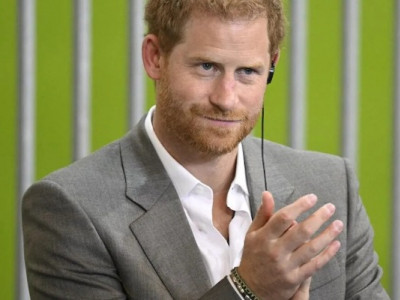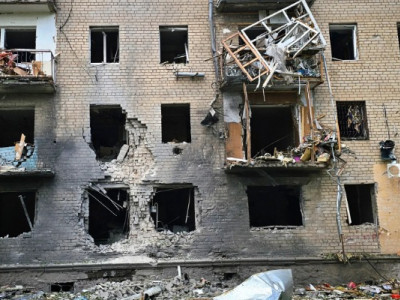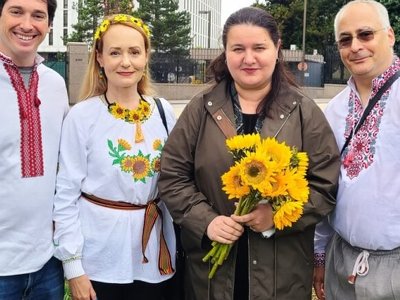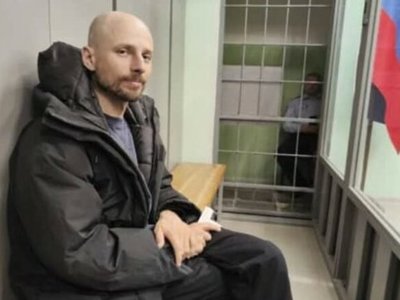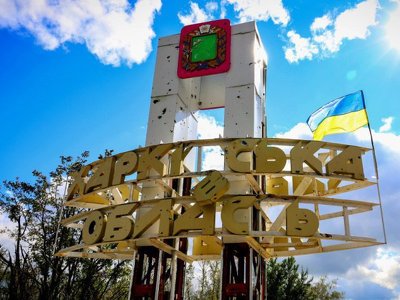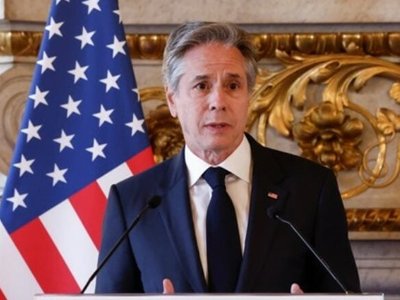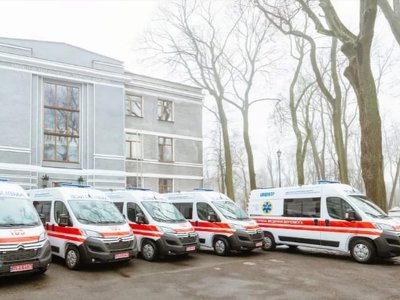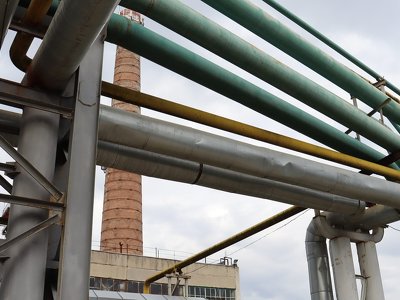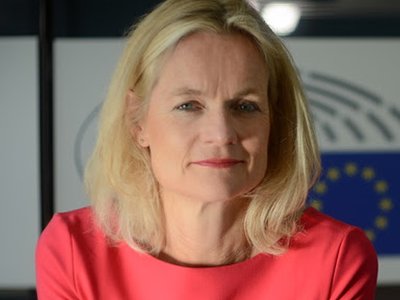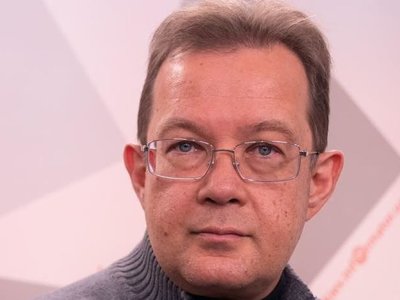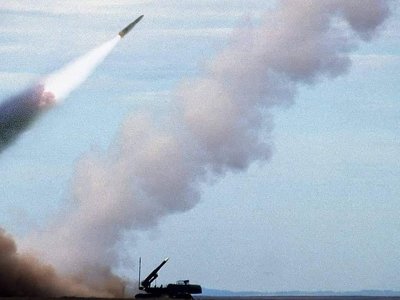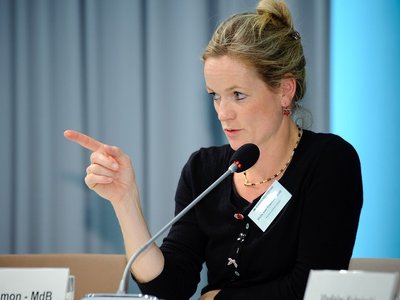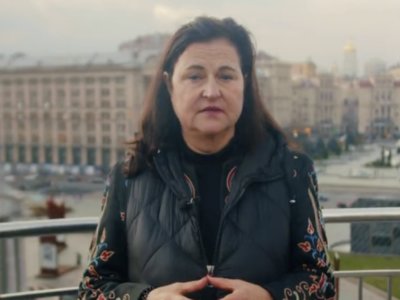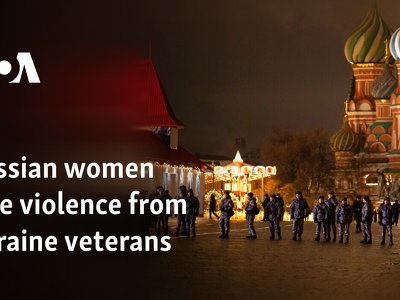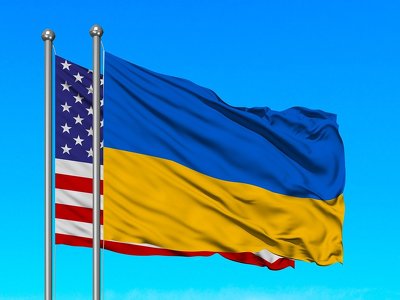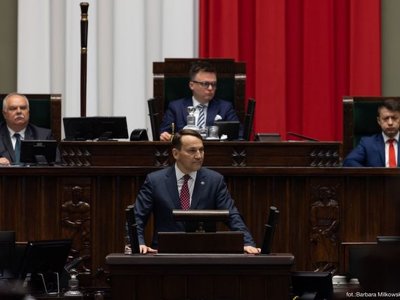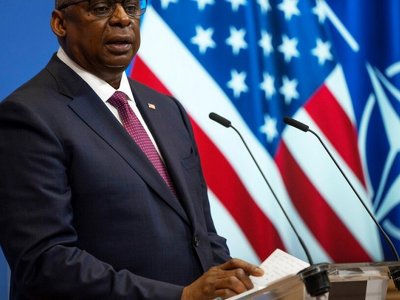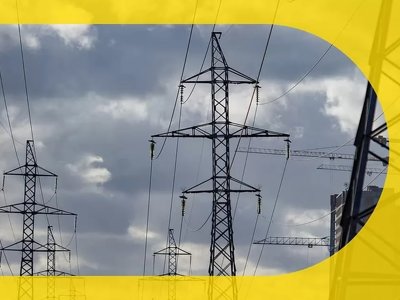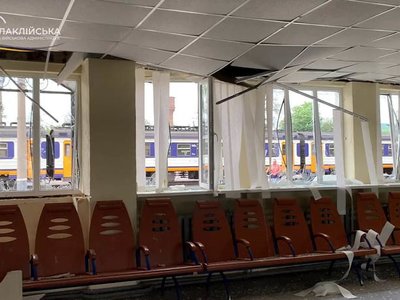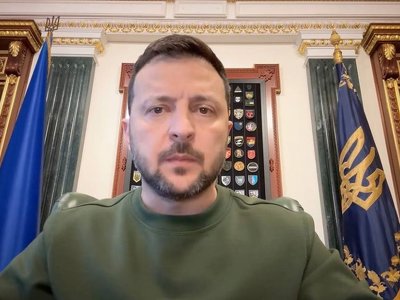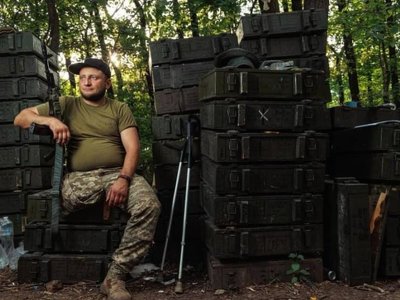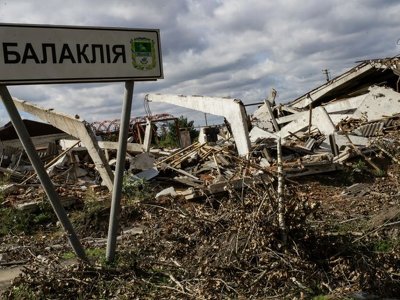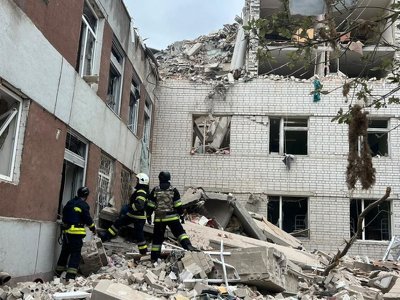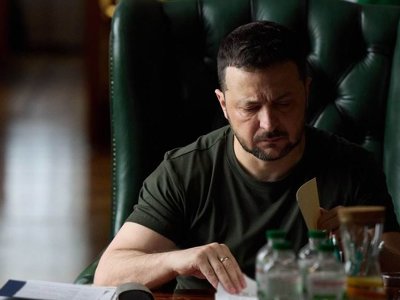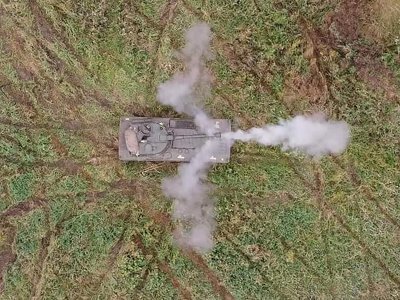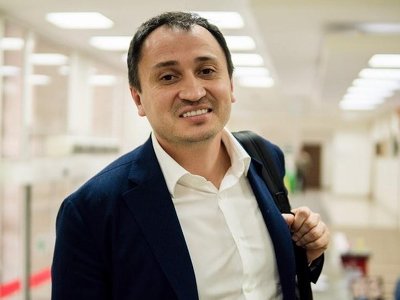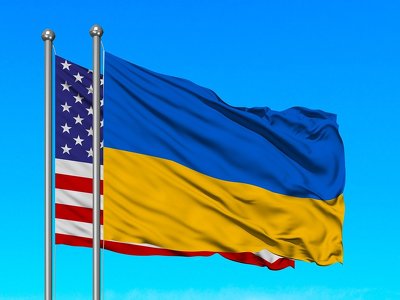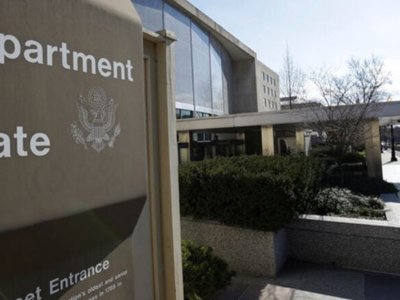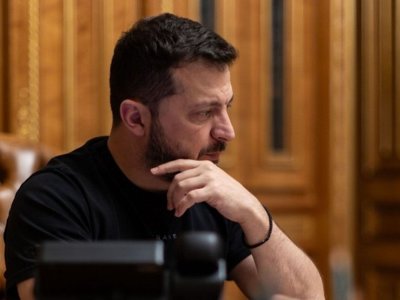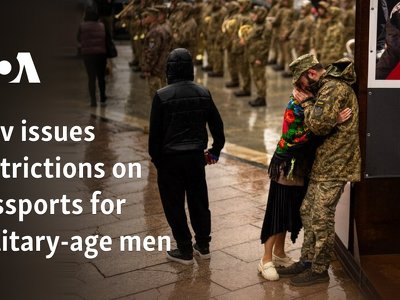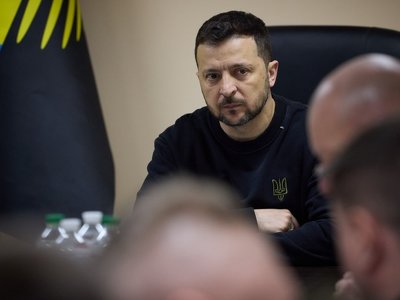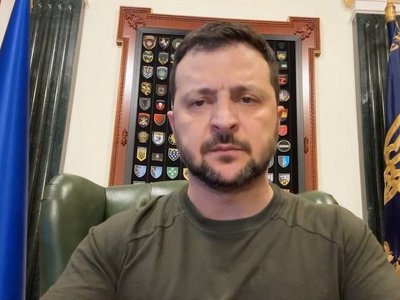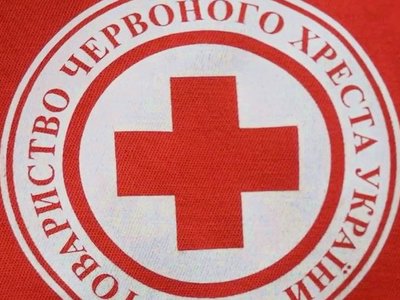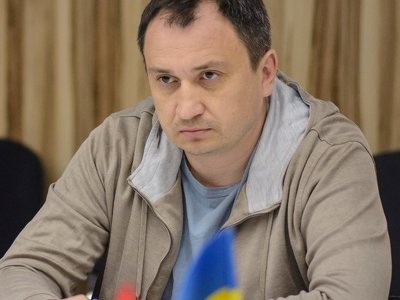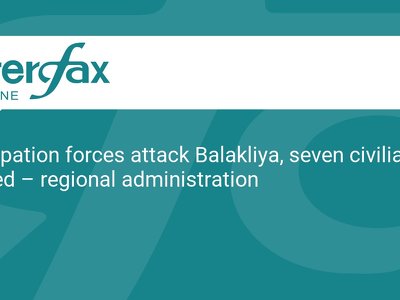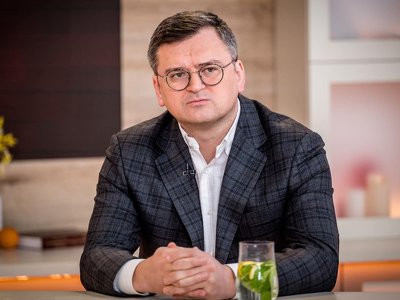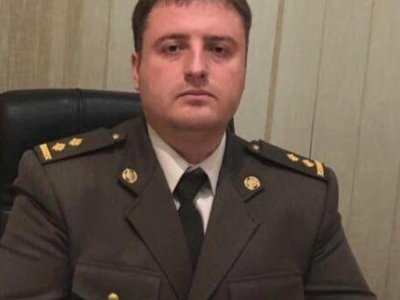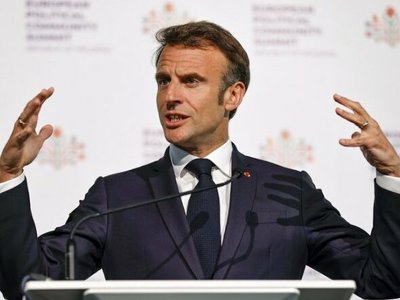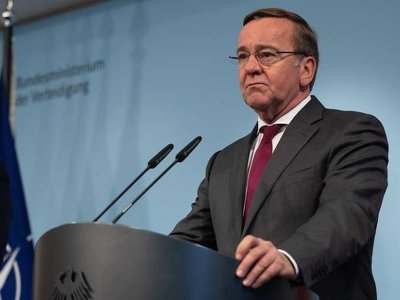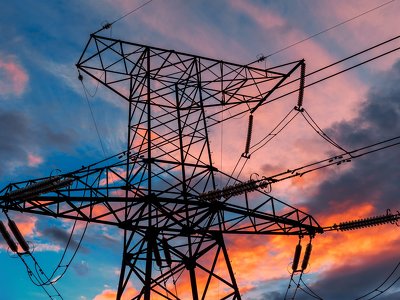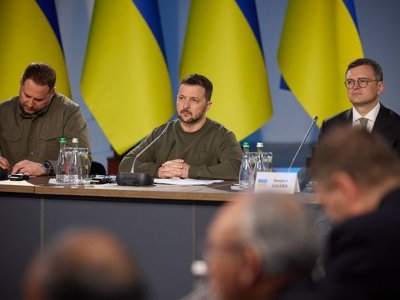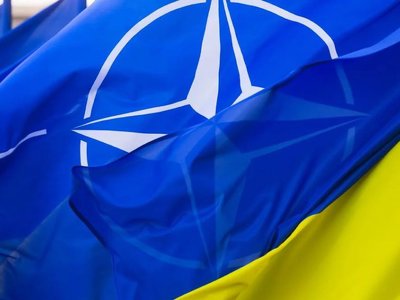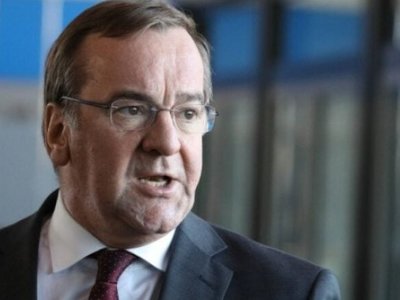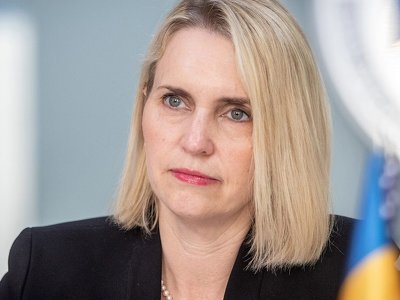Why judicial reform in Ukraine is impossible without international experts

Calls to eliminate international experts from judicial selection processes are becoming more frequent, voiced both by certain politicians and some members of the legal community.
The main argument in favour of this idea is that such requirements allegedly don’t exist in Europe. Therefore, Ukraine, it is argued, should adopt "European standards" and follow them to the letter.
Read more about why this oversimplification is dangerous and how it could harm Ukraine in the column by Mykhailo Zhernakov and Karyna Hasymova from the DEJURE Foundation: How to kill judicial reform? Why the EU model can’t just be copied.
The authors warn that transplanting European governance models into a system that has not undergone proper cleansing will only preserve the status quo and well-known corrupt practices.
"Instead of independent governance, we’ll get a new form of old problems: institutions where insiders appoint their own and work for their own benefit, not for justice," Zhernakov and Hasymova write.
They point to Ukraine’s own experience, which has demonstrated the ineffectiveness of "judicial self-governance."
As research shows, in many transitioning democracies, blindly implementing "European" standards has not helped. Judicial governance bodies have often become closed circles acting in their own interests, suppressing reformers and blocking real cleansing.
According to DEJURE, the only models that delivered real results were those where international experts played a key role in personnel selection.
For instance, Ukraine’s Public Council of International Experts (PCIE) blocked nearly every clearly dishonest candidate from joining the High Anti-Corruption Court (HACC). As a result, HACC has issued more than 200 verdicts in top-level corruption cases.
The authors cite several other successful examples as well.
In their view, the notion that "the profession should choose its own" simply doesn’t work in Ukraine and perhaps only will after the system has been thoroughly reformed.
"Today, there are growing calls, even from within state institutions, for gradually phasing out international experts," they note.
But the key word is gradually. This should happen only once Ukrainian bodies prove they can carry out fair and honest selection without international assistance.
They caution that hiding behind "EU standards" and mechanically inserting them into the Ukrainian context is a path to disaster.
Thankfully, some within the government do understand this.
In June, Parliament registered Draft Law No. 13382, which restores the role of independent international experts.
Lawmakers from Servant of the People and Holos propose to extend the mandate of international experts on the Judicial Selection Commission for the High Council of Justice (HCJ) for at least three more years.
"This bill is a smart continuation of what already works. Because the real path to the EU isn’t in symbols – it’s in decisive actions," conclude the DEJURE Foundation representatives.
- Last
- Top
- February, 05
-
-
-
-
- April, 28
-
-
-
-
-
-
- April, 27
-
-
-
-
-
-
-
-
-
News by day
11 of July 2025
